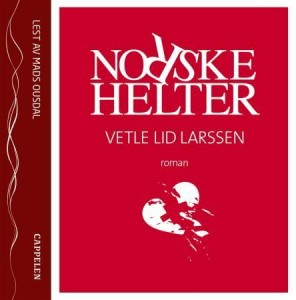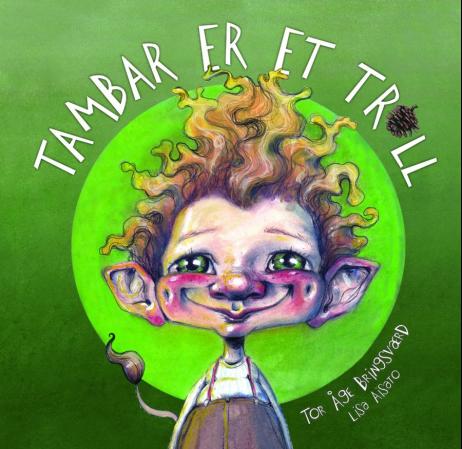I dag har jeg gitt blod, og da får man jo en liten gave. Normalt kan man velge seg et Mumin-krus fra Arabia, men i dag hadde de ingen. Stor skuffelse. Det ble led-lommelykt i stedet, noe ungen sikkert setter pris på. Og så fikk jeg jo gjort dagens gode gjerning, så jeg kan jo ikke klage.
Vi har kommet til M i Lilla Os ABC:
Berätta om en bok där mat har stor betydelse.
Jeg kommer ikke på noen virkelig gode eksempler, men en bok, eller helst serie bøker, som har gjort meg nysgjerrig på det hovedpersonene spiser er Patrick O’Brians Aubrey/Maturin-serie (som jeg vel har nevnt en par millioner ganger før…), navn på matretter som «boiled baby» og «floating islands» er nok til å gjøre meg nysgjerrig, altså.
Vems memoarer skulle du helst av allt vilja läsa?
Jeg er ikke voldsomt glad i memoarer, men det finnes unntak. Noen av de beste jeg har lest har vært av journalister eller mediepersonligheter som jeg ikke i utgangspunktet viste noe særlig om. Derfor blir det litt vanskelig å peke på noen jeg vil lese… Skulle jeg drive med ønsketekning skulle jeg gjerne sett at noen på et loft fant Jane Austens memoarer bortgjemt, men jeg tror sjansen er svært liten. Men ellers, tja, Stephen Fry kunne vel skrevet en fornøyelig beretning om eget liv, skulle jeg tro.
Man Booker Prize for Fiction har delats ut till en författare inom det fd. brittiska samväldet sedan 1969. Här finns alla vinnarna. Här du någon favorit?
Oj. Jeg må med en liten smule skam innrømme at jeg kun har lest en: Paddy Clarke Ha Ha Ha av Roddy Doyle, og var vel ikke voldsomt begeistret for den. Den som står øverst på lese-listen av de andre er Ishiguro’s Remains of the Day. Jeg har riktignok sett filmen, noe som er litt ødeleggende for leseopplevelsen, men Never Let Me Go av samme forfatter var såpass fantastisk at hans andre bøker MÅ leses.
Jag söker också en bok om makt.
Jeg tror jeg skal trekke frem English Passengers. Den klarer å vise mange sider av kolonimakt, de aller, aller fleste av dem negative, men på en svært lesverdig og til tider morsom måte.

